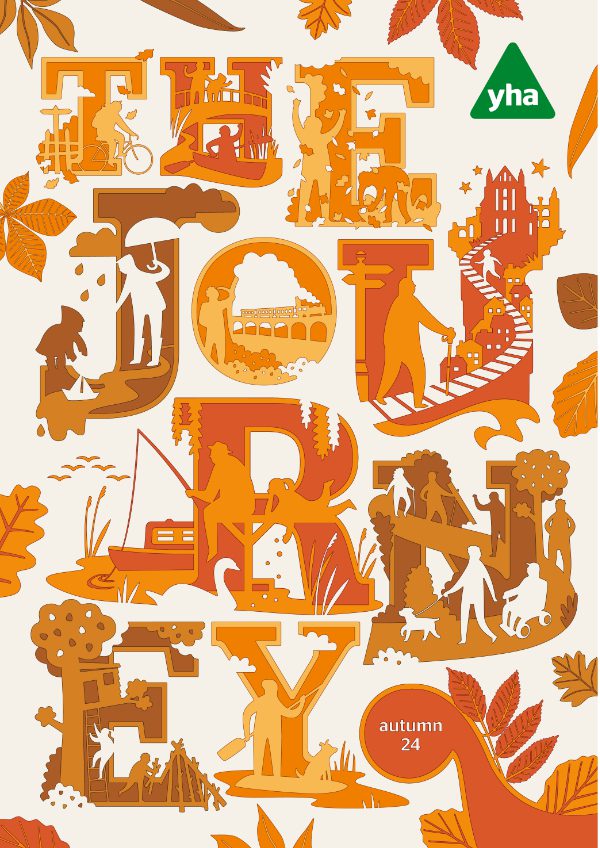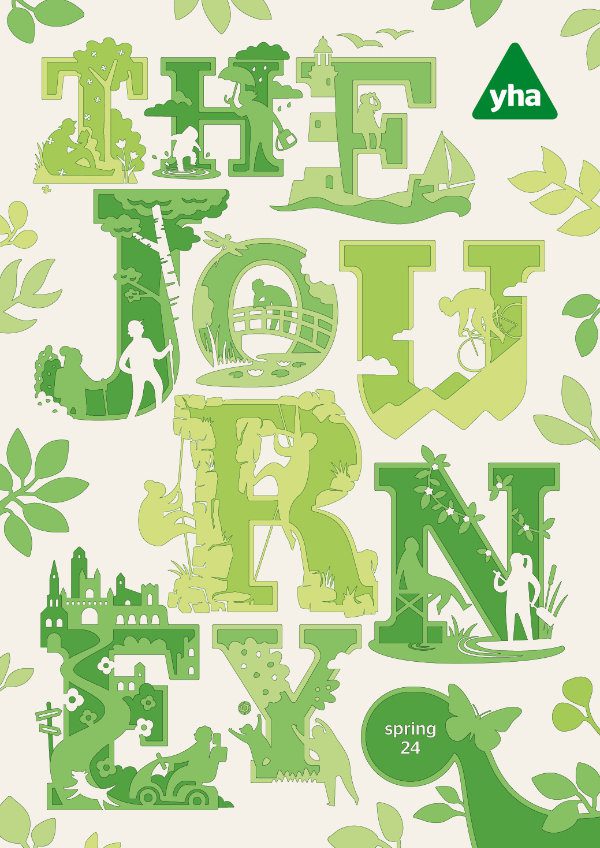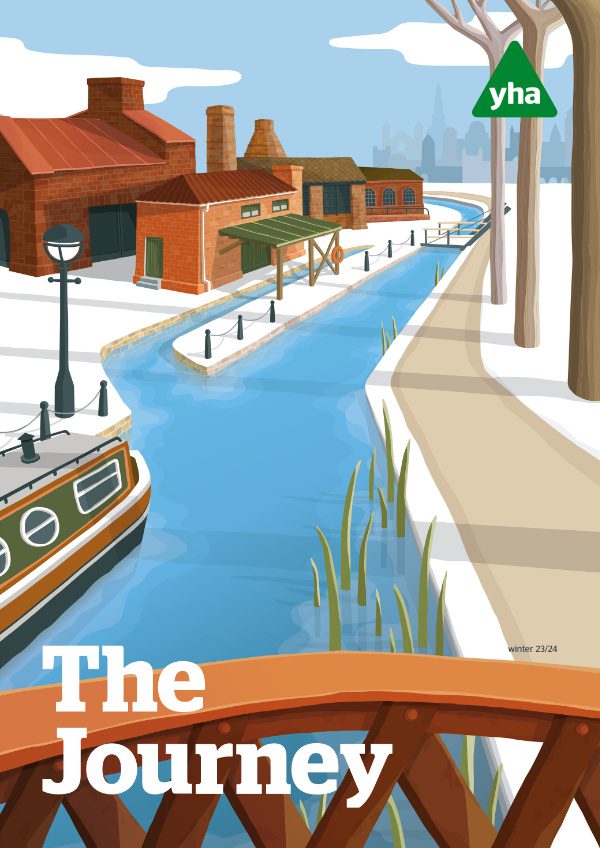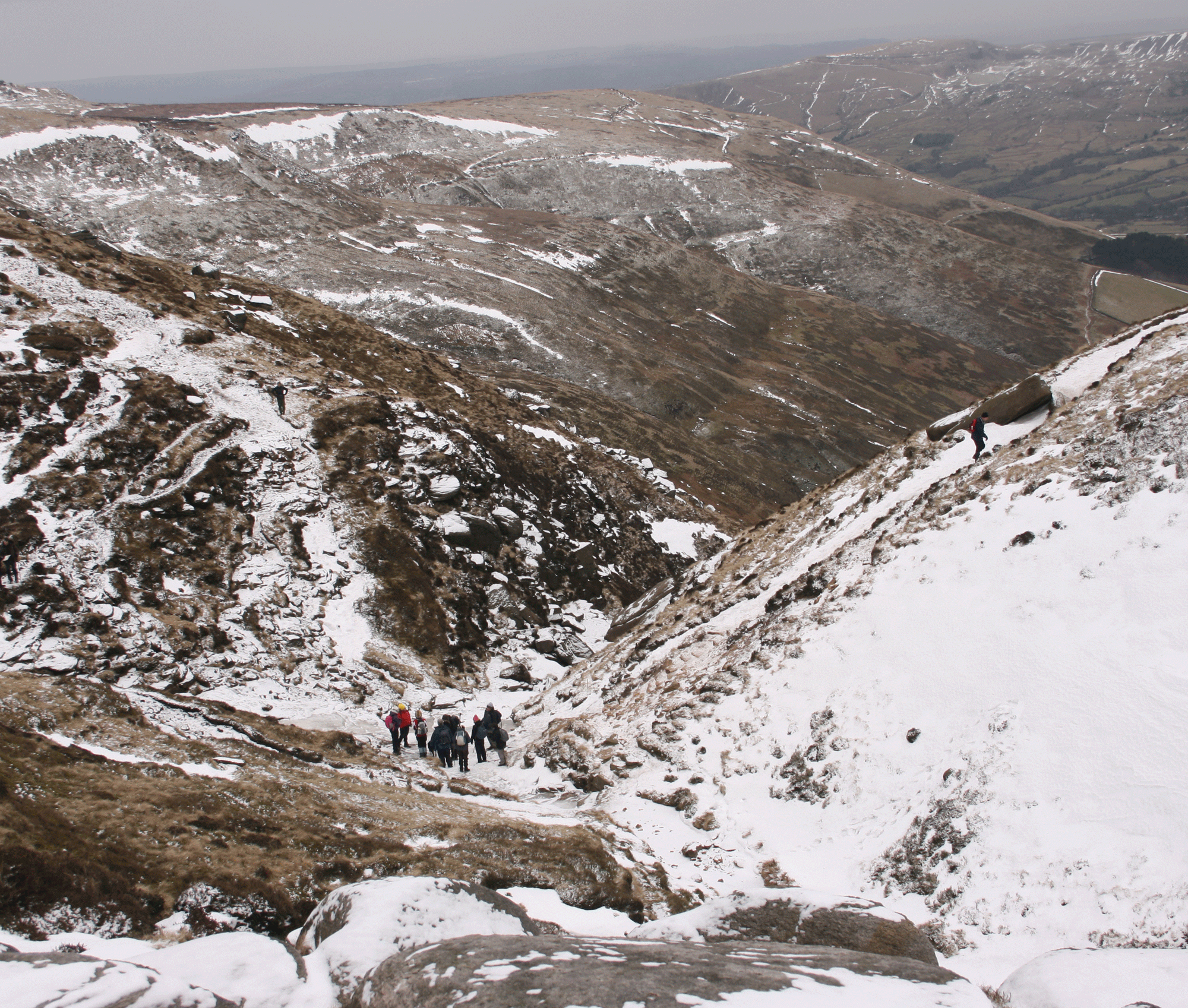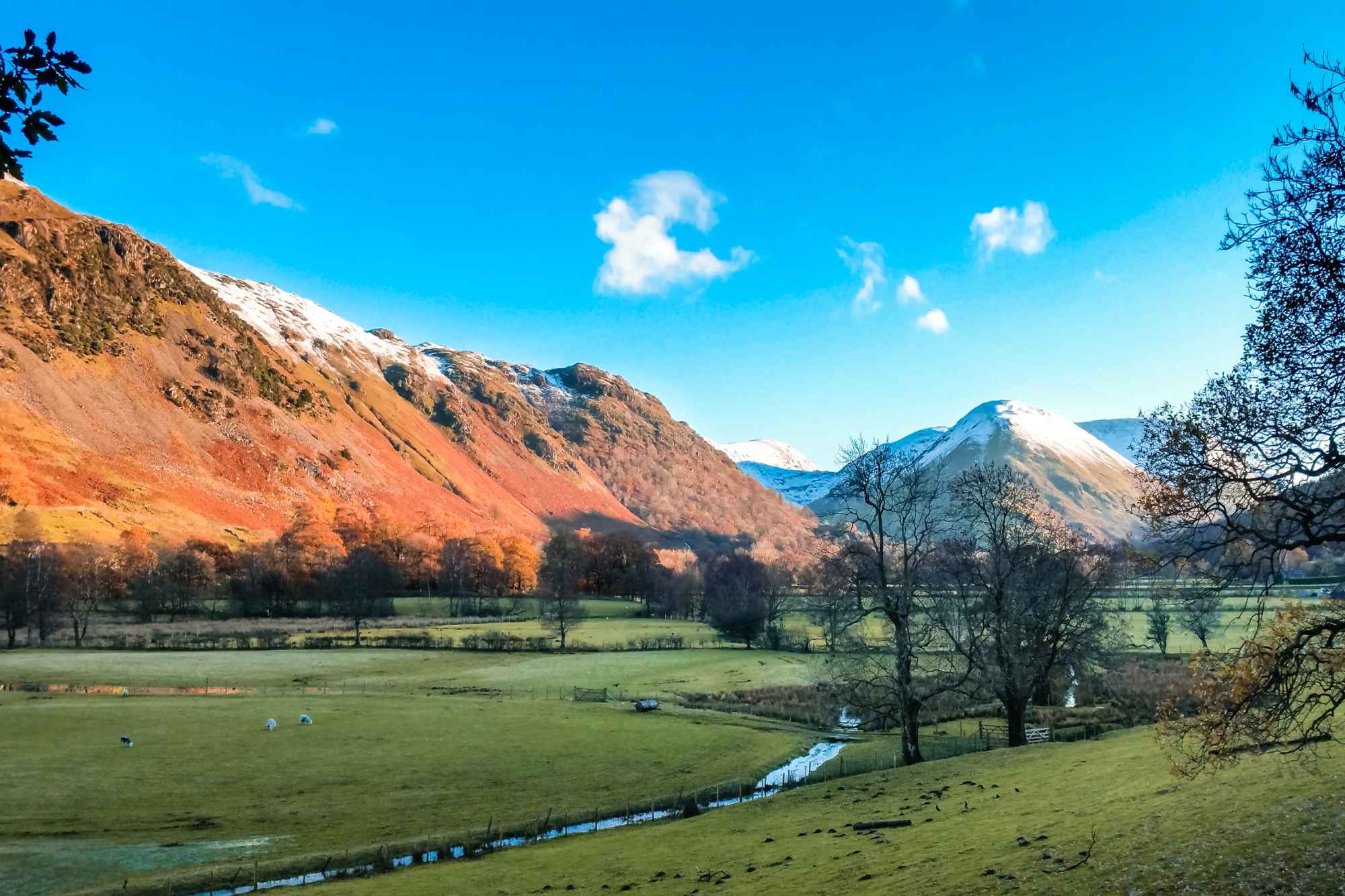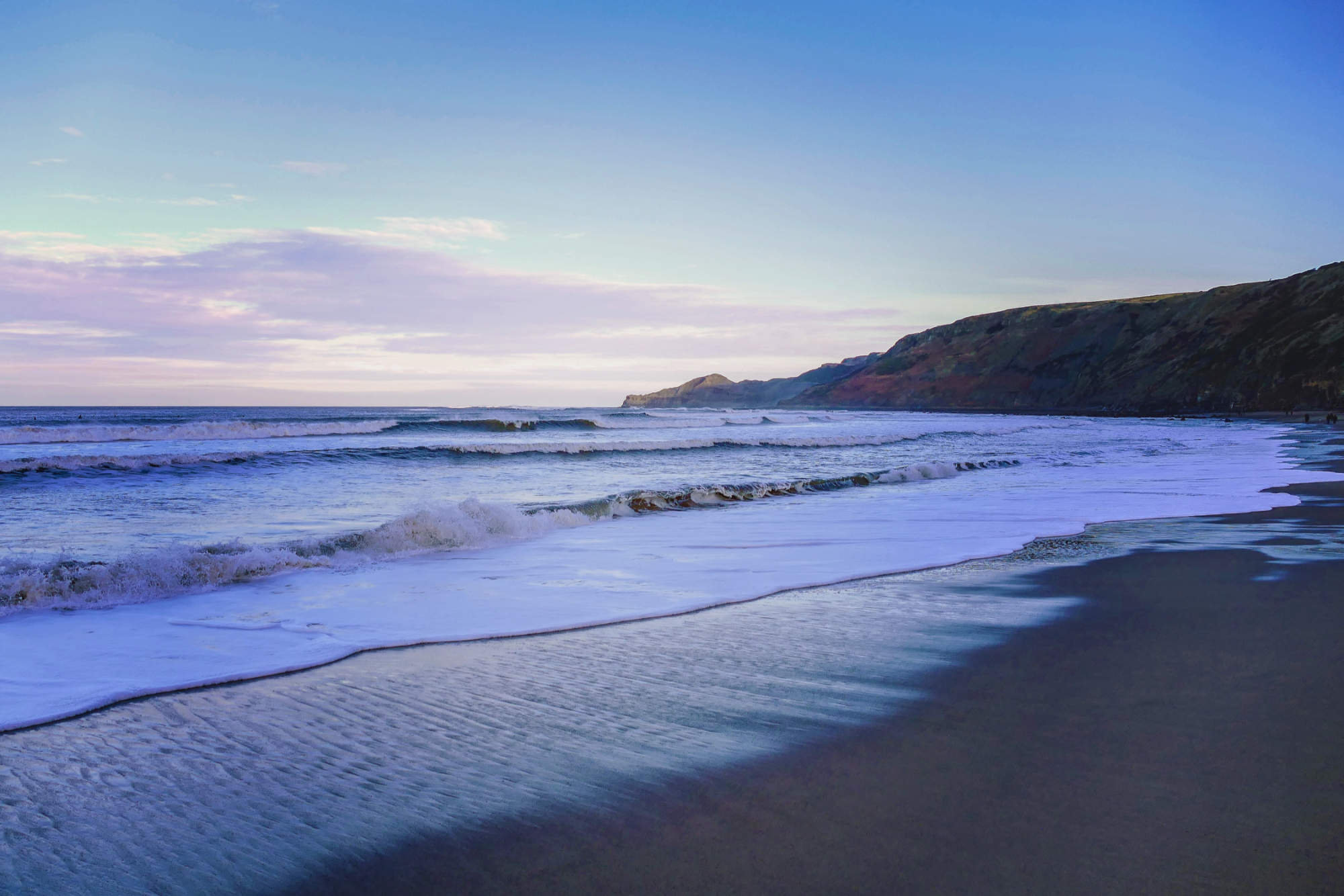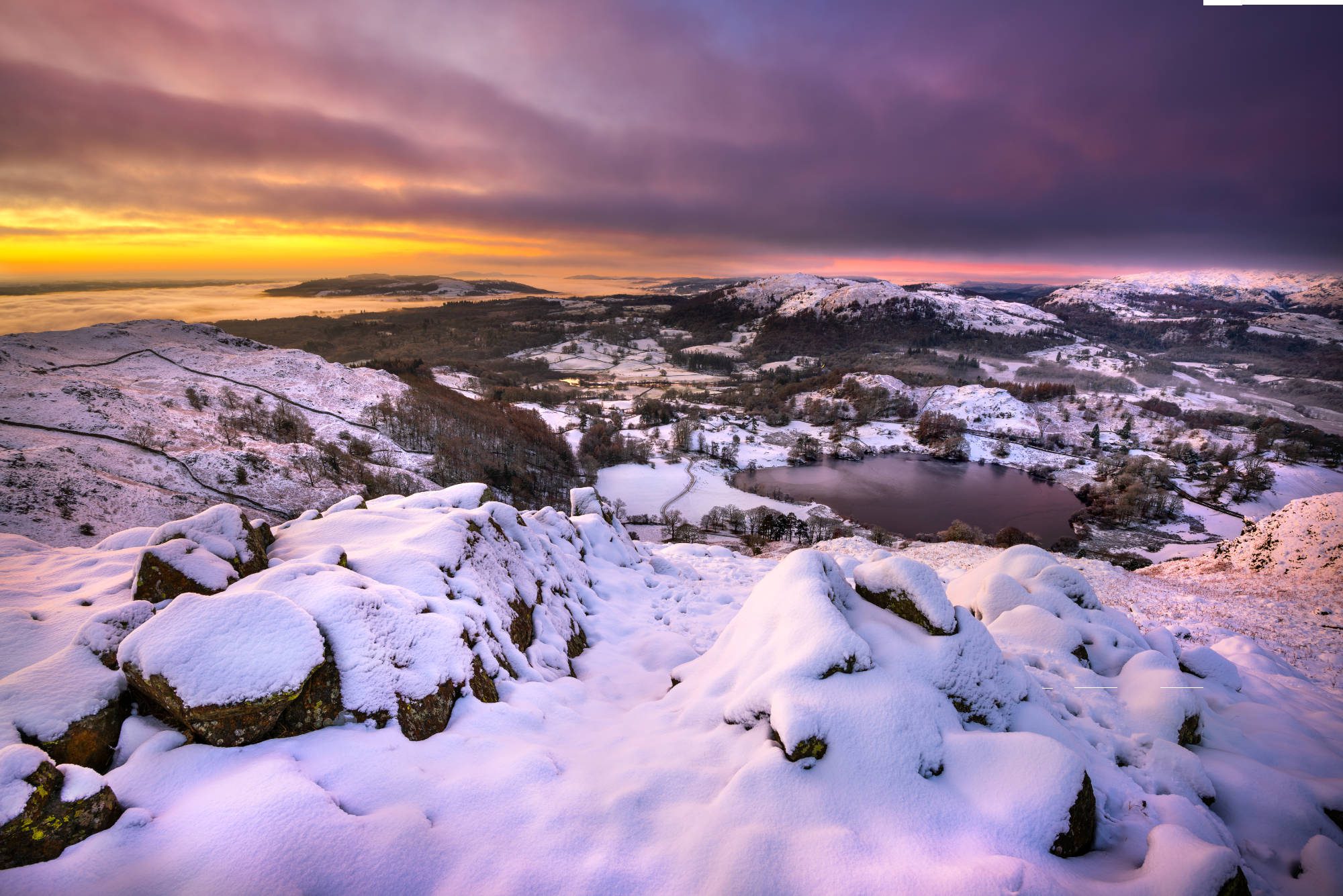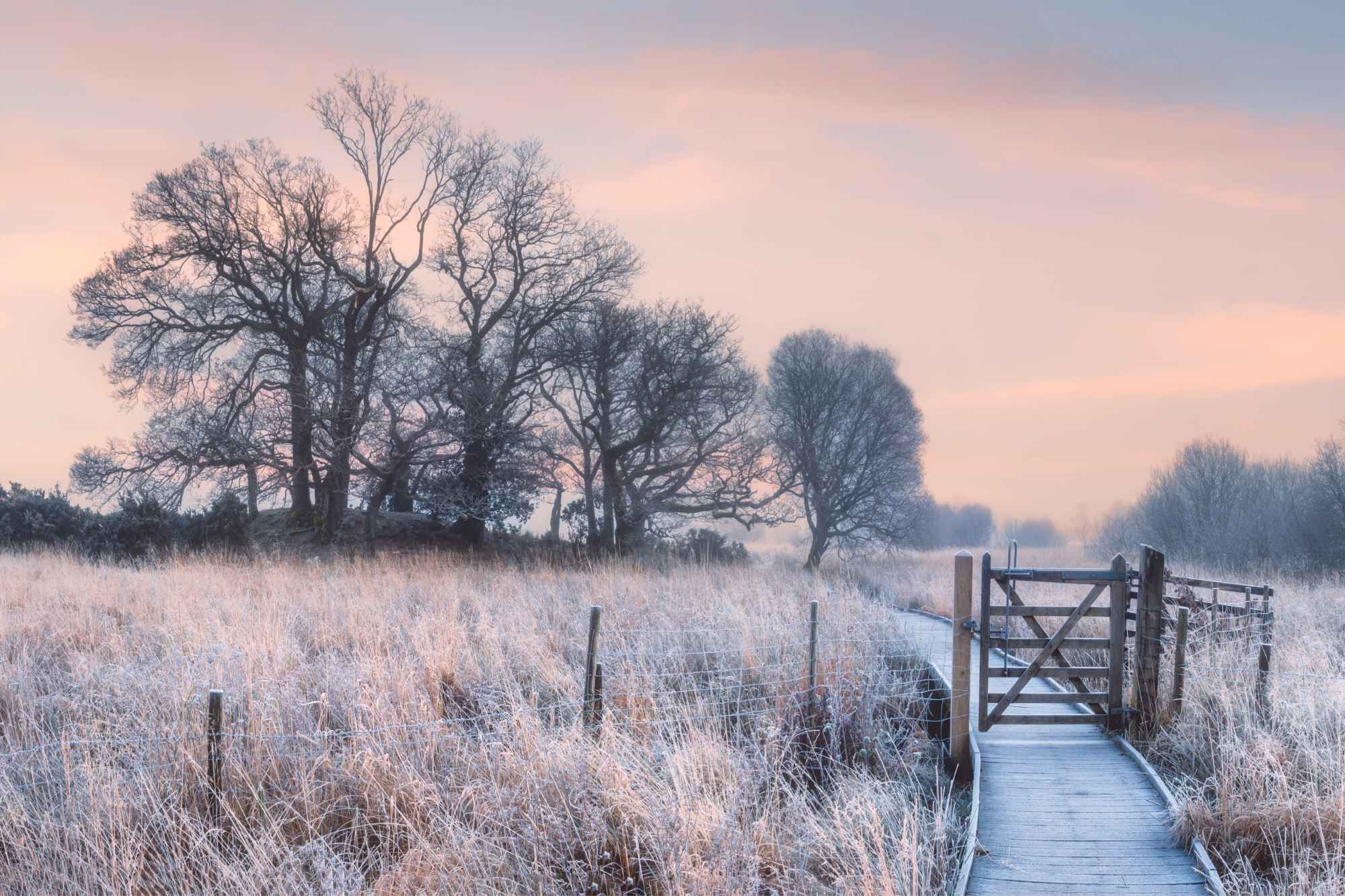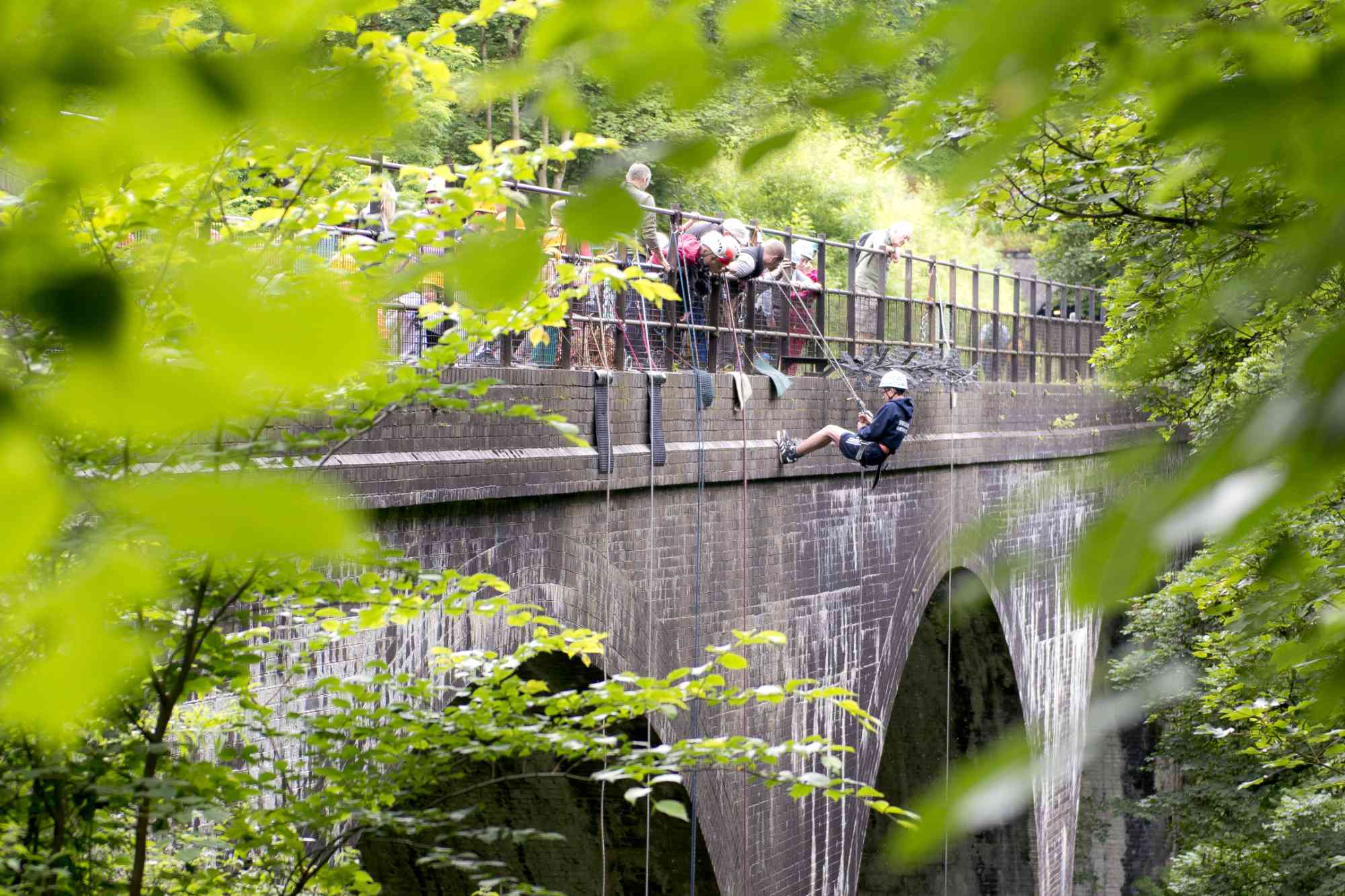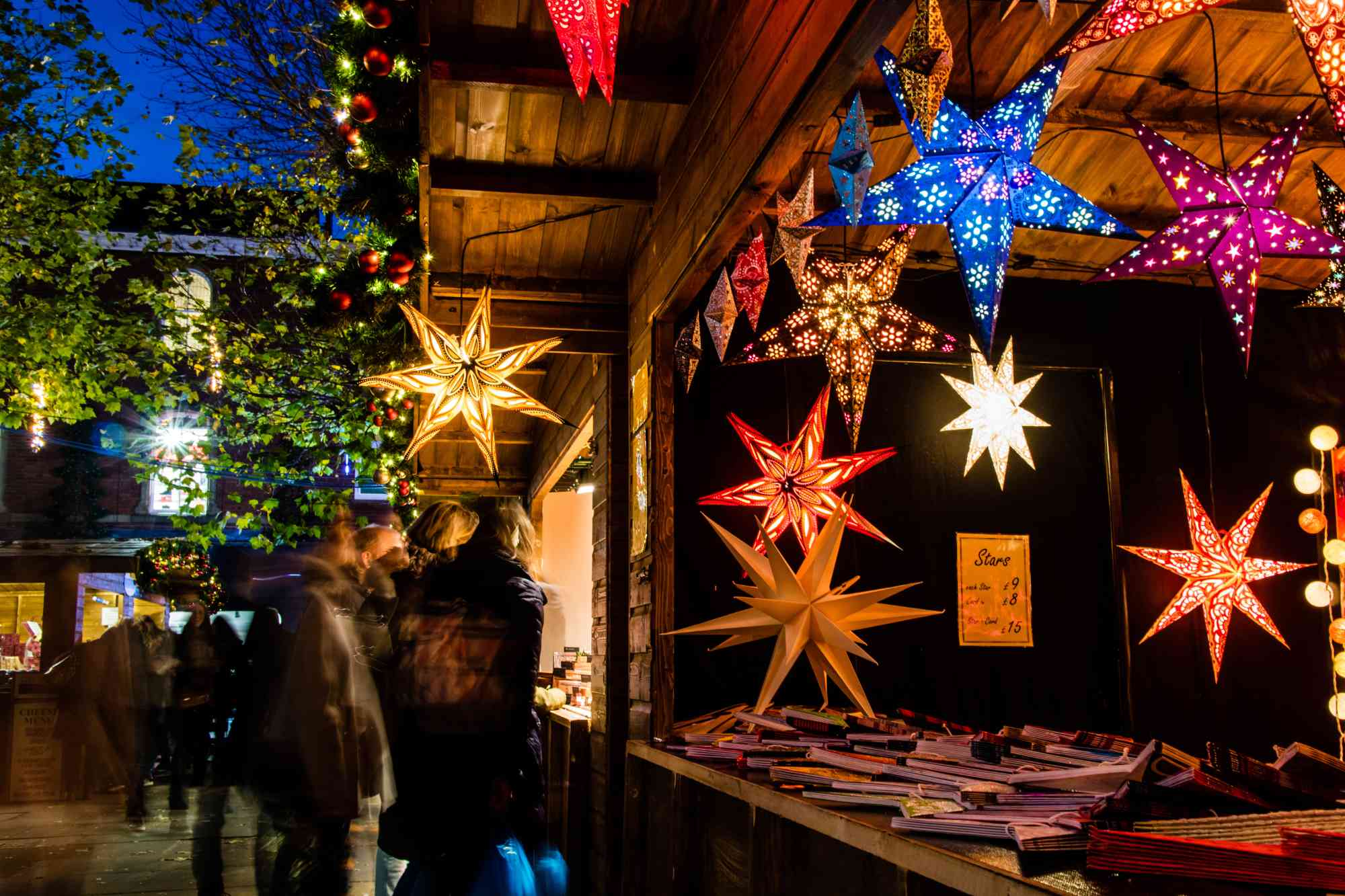Cost can be the main barrier for many schools when it comes to organising a residential school trip. But what if you could have all the benefits of a residential at a much lower cost?
Typically, school trips are taken during the spring and summer months as they tend to be warmer and they bookend exam periods.
Winter residentials, however, can reduce much of the financial outgoing, as well as providing additional benefits to both students and teachers.
We’ve compiled a list of eight reasons why schools should be looking at taking their residential trips from November – February.
1. Lower cost
To make them affordable, book a residential during low season. YHA has made residentials as accessible as possible by offering 25% off midweek stays (Sunday to Thursday) from November to February in 2024/2025 and 2025/2026.
2. Bond building
Putting students in an environment in which they can build strong new friendships can build student confidence and social skills which will benefit them throughout their school career.
3. A positive start to the school year
A residential between November and February is an opportunity to build foundations of resilience, relationships and a healthy attitude to learning during the winter term.
4. Encouraging being active outdoors all year round
Why only go outdoors when it’s warm and sunny? A winter residential gives young people the opportunity to see how the outdoors can be explored all year round. It introduces positive, active behaviours and habits in an age where childhood obesity and mental health are both concerns. Half of all mental illnesses start by the age of 14 – instilling these good behaviours early on in secondary school could alleviate symptoms of illnesses such as SAD (Seasonal Affective Disorder).
5. Ideal for SEND students
Off season can often mean more availability and less people in youth hostels. This relative peace and quiet can be ideal for young people with behavioural issues or sensory difficulties, giving a more favourable option for SEND students.
6. Fire up imaginations with evening activities
Shorter days mean more opportunity to sit around a campfire, take part in torchlit walks and more exciting activities that simply aren’t possible during the longer summer/autumn days.
7. Carry on regardless
Winter weather can be a fun way to teach resilience amongst young people – something crucial from year 6 onwards where the pace of learning changes. Pack for rain and cold and allow students to earn a real sense of accomplishment in completing outdoor activities in spite of the Great British weather!
8. Supporting the curriculum
Winter residentials can offer exposure to completely different components of the curriculum to that which a summer residential could.
Discovery of the countryside, observation of different weather systems and ecosystems for example can be linked to a range of subjects, from geography and biology to PSHE, history and PE. Or make a great overarching project showing cohesion between subjects, offering a taste of each ahead of those all-important GCSE choices.
With over 60 Learning Outside the Classroom (LOtC) accredited sites, more than any other provider, YHA is committed to year-round quality outdoor education. To help make residentials more affordable and accessible for schools, YHA offers 25% off residential trips taken between November and February (inclusive) at any one of its LOtC-accredited sites.
Find out more about YHA’s winter residentials.
